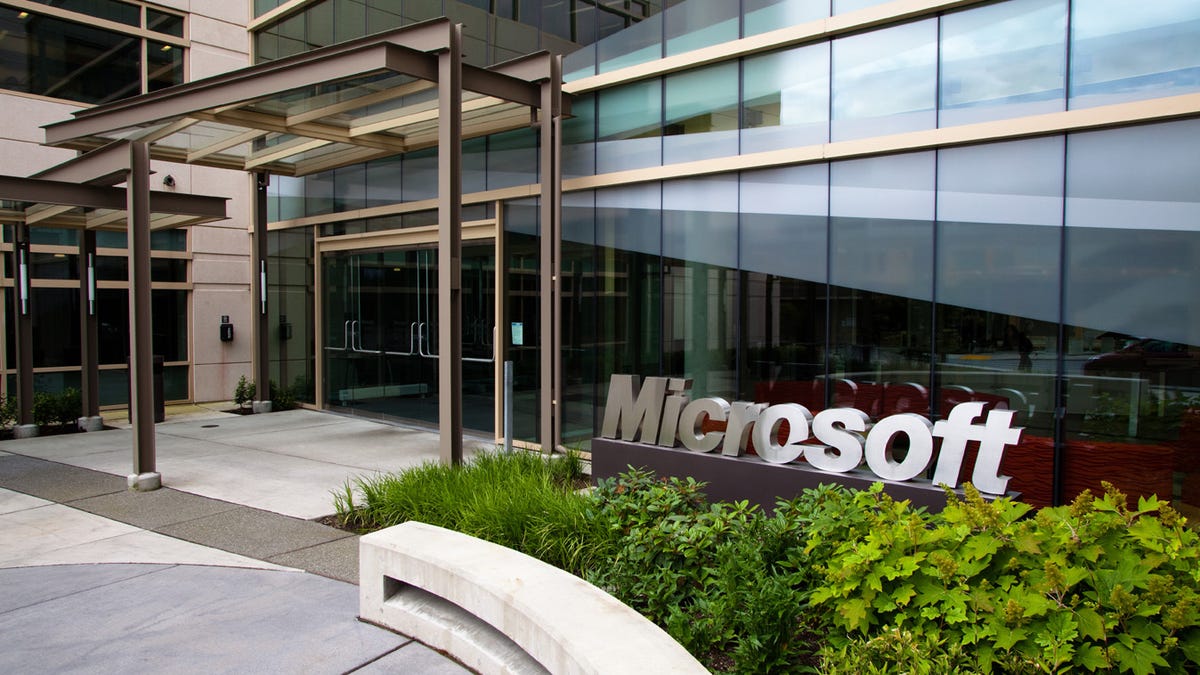Microsoft settles thousands of software piracy cases
Working to protect its intellectual property, the tech giant settled 3,265 counterfeiting suits worldwide during the past year.

Microsoft is known for pursuing anyone that pirates its software. It doesn't matter what country the counterfeiters are in, the tech giant will go after them.
In this quest, the company announced Tuesday that it settled 3,265 software piracy cases worldwide in the past year. Thirty-five of these cases were in the U.S., in 19 different states; and, 3,230 were international cases that took place in 42 different countries.
"Software counterfeiting negatively impacts local and global economic growth, stifles innovation, and puts consumers and businesses at risk," Microsoft Cybercrime Center associate general counsel David Finn said in a statement.
Microsoft said that the majority of its piracy cases got started because of tips from its customers. Typically, people report counterfeit software to Microsoft after they find malware and viruses on the items they bought or if the software didn't work correctly. According to Microsoft, 450,000 customers have reported pirated software to the company since 2005.
One of the cases settled was with the Ningbo Beyond Group in China. According to Microsoft, the company allegedly infringed on Windows, Office, Server, and Visual Studio software.
In March, Microsoft commissioned a study into the world of pirated software. The study found that 33 percent of the software on the market is counterfeit. The investigation claims that piracy and counterfeit software runs rampant through the digital universe and that many users might not even be aware that their software is fake.
Besides going after pirates with lawsuits, Microsoft also uses other means to try to stop counterfeiters. It files more URL takedown requests to Google than any other company in the world -- claiming that these sites deal in copyrighted or pirated material. Between July 2011 and May 2012, Microsoft asked Google to remove a total of 2,544,209 URLs.
(Via The Next Web) .

